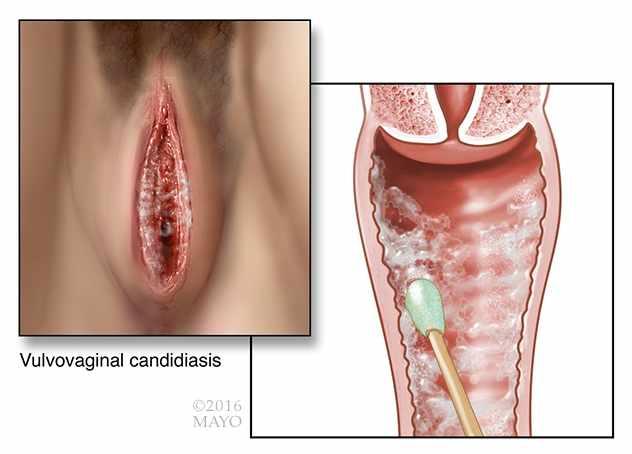Is dizziness a sign of a serious medical condition?
“`html
Dizziness: Understanding Causes, Symptoms, and Effective Treatments
Dizziness is a common yet often misunderstood condition that can affect anyone at any age. Whether you experience lightheadedness, vertigo, or a sense of imbalance, understanding the underlying causes of dizziness can help you find relief and regain your quality of life. In this comprehensive article, we will explore the various types of dizziness, their symptoms, potential causes, and effective treatments. We will also share practical tips for managing dizziness and when to seek medical attention.
What is Dizziness?
Dizziness is a term that describes a range of sensations, including feeling faint, woozy, weak, or unsteady. It can occur suddenly or gradually, and the duration can vary from a few seconds to several hours. Understanding the type of dizziness you are experiencing is key to identifying its cause.
Types of Dizziness
- Vertigo: A false sensation of spinning or movement.
- Lightheadedness: A feeling of faintness or near-syncope.
- Disequilibrium: A sense of unsteadiness or imbalance.
- Presyncope: A feeling of impending fainting or weakness.
Symptoms of Dizziness
Identifying the accompanying symptoms can aid in diagnosing the cause of dizziness. Some common symptoms include:
- Nausea or vomiting
- Blurred vision
- Tinnitus (ringing in the ears)
- Headaches
- Difficulty walking or maintaining balance
Common Causes of Dizziness
Dizziness can result from various underlying conditions. Here are some of the most common causes:
| Cause | Description |
|---|---|
| Inner Ear Disorders | Conditions like Benign Paroxysmal Positional Vertigo (BPPV) or Meniere’s disease can disrupt balance. |
| Circulatory Issues | Low blood pressure or reduced blood flow to the brain can lead to dizziness. |
| Dehydration | Insufficient fluid intake can cause dizziness and lightheadedness. |
| Medication Side Effects | Certain medications can have dizziness as a side effect. |
| Neurological Disorders | Conditions like migraines or multiple sclerosis can result in dizziness. |
When to Seek Medical Attention
While dizziness is often harmless, there are situations where medical attention is necessary. Seek immediate help if you experience:
- Severe headache
- Vision changes
- Difficulty speaking or understanding speech
- Weakness or numbness in the arms or legs
- Loss of consciousness
Benefits and Practical Tips for Managing Dizziness
Managing dizziness involves lifestyle changes and practical strategies. Here are some effective tips:
- Stay Hydrated: Drink plenty of water to prevent dehydration.
- Avoid Sudden Movements: Move slowly when standing up or changing positions.
- Limit Caffeine and Alcohol: Both substances can exacerbate dizziness.
- Practice Balance Exercises: Engaging in exercises like tai chi can improve stability.
- Monitor Medications: Review prescriptions with your doctor to identify potential side effects.
Case Studies and First-Hand Experiences
Understanding real-life experiences can provide insights into how dizziness affects individuals. Here are two brief case studies:
Case Study 1: John’s Experience with BPPV
John, a 45-year-old school teacher, experienced sudden episodes of vertigo triggered by specific head movements. After consulting his doctor, he was diagnosed with BPPV. He underwent a series of canalith repositioning maneuvers, significantly reducing his symptoms. John now practices balance exercises regularly, which have improved his overall stability.
Case Study 2: Sarah’s Struggle with Dehydration
Sarah, a 30-year-old fitness enthusiast, often felt lightheaded after intense workouts. After keeping a hydration journal, she realized her fluid intake was inadequate. By adjusting her hydration before, during, and after workouts, Sarah managed to eliminate her dizziness and improve her performance.
Conclusion
Dizziness can be a perplexing and distressing condition, but understanding its causes, symptoms, and treatment options can empower you to seek appropriate care and manage your health. If you experience persistent dizziness, it is crucial to consult with a healthcare professional to determine the underlying cause and receive tailored treatment. By implementing practical tips and lifestyle modifications, many individuals can find relief and significantly improve their quality of life. Remember, you are not alone in this journey, and help is available.
“`
